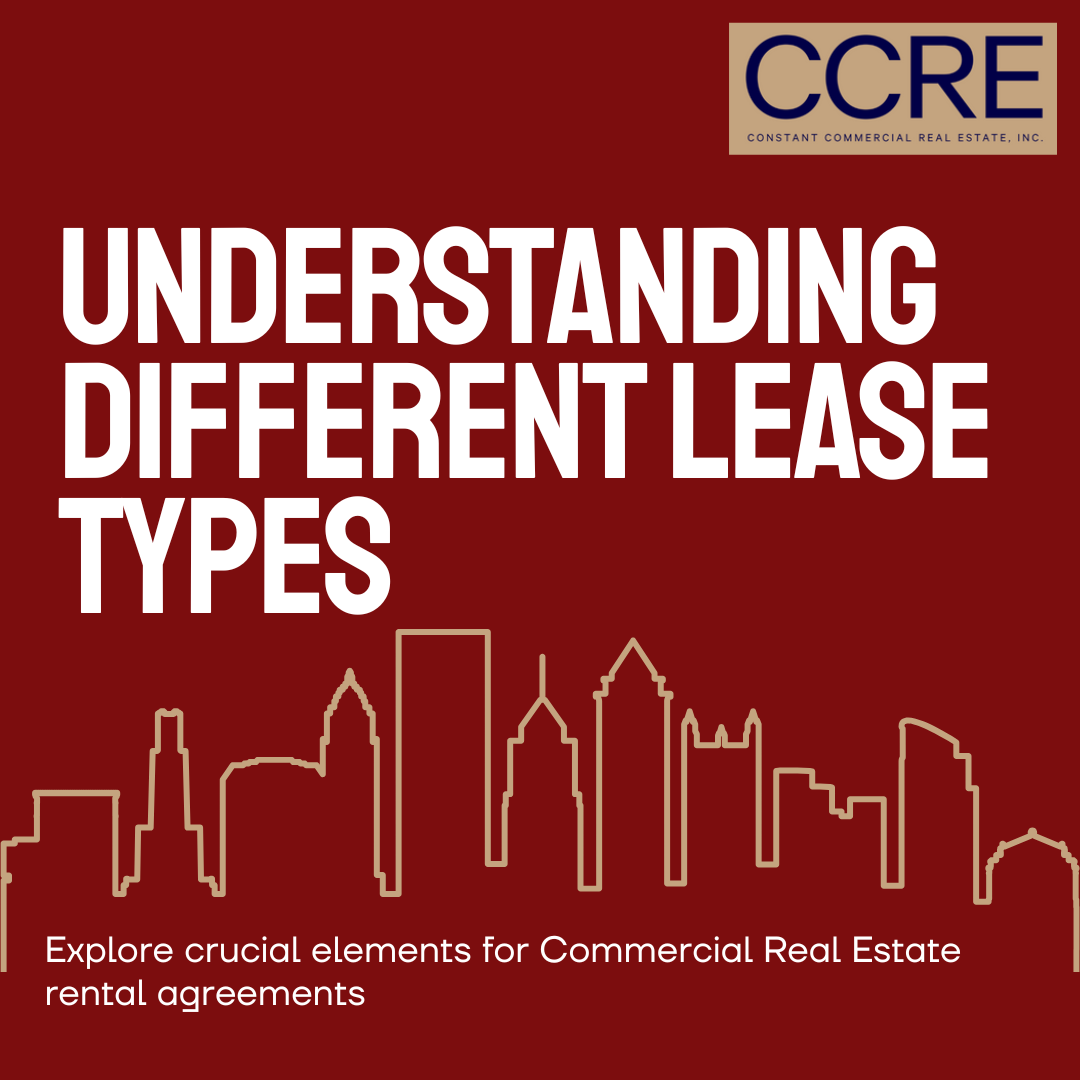November 14, 2023
Maximizing Investment Returns: Understanding Inherited Real Estate and the Stepped-Up Basis
In the dynamic world of commercial real estate investment, strategic planning plays a pivotal role in maximizing returns and minimizing tax liabilities. One often overlooked but critical aspect is the inheritance of real estate and the potential benefits of a stepped-up basis. In this brief guide, we will introduce into the intricacies of inheriting investment real estate and how leveraging a stepped-up basis can be a game-changer for investors with proper planning. Always consult with a proper council while estate and tax planning surrounding real estate.
I. The Basics of Inheriting Investment Real Estate:
Probate Process:
When an investor inherits real estate, the property typically goes through the probate process. This legal procedure ensures the proper distribution of assets according to the deceased individual's will or applicable state laws. It's crucial for investors to navigate this process diligently, as the outcome directly impacts the future of the inherited investment property.
Valuation and Inheritance Tax:
The value of the property at the time of the owner's death is a key factor in determining the tax consequences of inheritance. While federal estate taxes generally apply to larger estates, some states impose inheritance taxes based on the value of the inherited assets. A thorough understanding of these tax implications is essential for investors to make informed decisions.
II. Stepped-Up Basis: A Strategic Advantage for Investors:
Definition and Concept:
The stepped-up basis is a tax advantage that comes into play when real estate is inherited. Instead of inheriting the property at its original purchase price, the new owner receives a "step-up" in the property's cost basis to its current fair market value at the time of the original owner's death. This adjustment can result in significant tax benefits for investors should they decide to liquidate the asset and cash out.
Capital Gains Tax Implications:
The stepped-up basis is particularly advantageous when it comes to capital gains taxes. When an investor eventually sells the inherited property, the capital gains tax is calculated based on the difference between the selling price and the stepped-up basis. This can lead to substantial tax savings compared to selling a property with a lower basis. Oftentimes investors think they need to 1031 exchange their inherited property and often-times, this is not the case. The investor is not confined by the 1031 exchanges timelines and complications.
III. Strategies for Maximizing Stepped-Up Basis Benefits:
Holding Period Considerations:
The length of time an investor holds the inherited property can impact the potential tax savings. Generally, the longer the holding period, the greater the appreciation in the property's value. Investors should carefully weigh the benefits of holding the property for an extended period to maximize the stepped-up basis advantage. For example, an investor inherits a $2,000,000 commercial/multifamily property in 2020. The property over the coarse of the last X amount of years has gone up in value. The basis will be calculated from the time of inheritance (2020) and capital gains exposure is present on the gain in value and depreciation. It may be minimal exposure, but that number needs to be calculated by a tax professional.
Strategic Considerations:
1031 Exchange:
Investors looking to diversify their real estate portfolio can strategically use 1031 exchanges in conjunction with the stepped-up basis if needed. This would be applicable for an investor who inherited properties in the past and values have gone up. It is still prudent to determine the investors capital gains exposure. The reason an investor would have to exchange is they have gain since inheriting the property. For example, a property owner inherited a property 5 years ago with a valuation of $1,000,000 at the time of taking ownership. Today that property is worth $1,450,000 and the capital gains exposure would be on the $450,000 gain in value.
Cashing out:
Real estate owners who have recently inherited property will have the chance to "cash out" of the property at the stepped up basis. This would involve selling the property and pocketing the equity after the sale. All, none or some of the capital could be reinvested without the time constraints of the 1031 exchange.
IV. Common Pitfalls to Avoid:
Failure to Document Fair Market Value:
To ensure the stepped-up basis is accurately determined, it's crucial to document the fair market value of the inherited property at the time of the original owner's death. Failing to do so can lead to disputes with tax authorities and potential overpayment of taxes.
Inadequate Estate Planning:
Investors and property owners must engage in comprehensive estate planning to minimize tax implications for their heirs. Inadequate planning can result in unnecessary tax burdens and may diminish the overall financial legacy passed on to beneficiaries. This is where getting all members of your team on the same page is very important. Your team could be comprised of your CPA, Attorney, Financial Planner and Constant Commercial Real Estate Inc.
V. Conclusion:
Inheriting investment real estate presents a unique set of opportunities for savvy investors, and understanding the stepped-up basis is essential for unlocking its full potential. By navigating the probate process, strategically leveraging the stepped-up basis, and implementing sound investment strategies, investors can optimize their returns and build a robust real estate portfolio for generations to come. As the real estate market continues to evolve, staying informed and proactive in managing inherited assets will be key to achieving long-term success in the competitive landscape of commercial real estate investment.
Get ahold of Constant Commercial Real Estate and we can guide you through the process of inheriting real estate and the many options you have.



